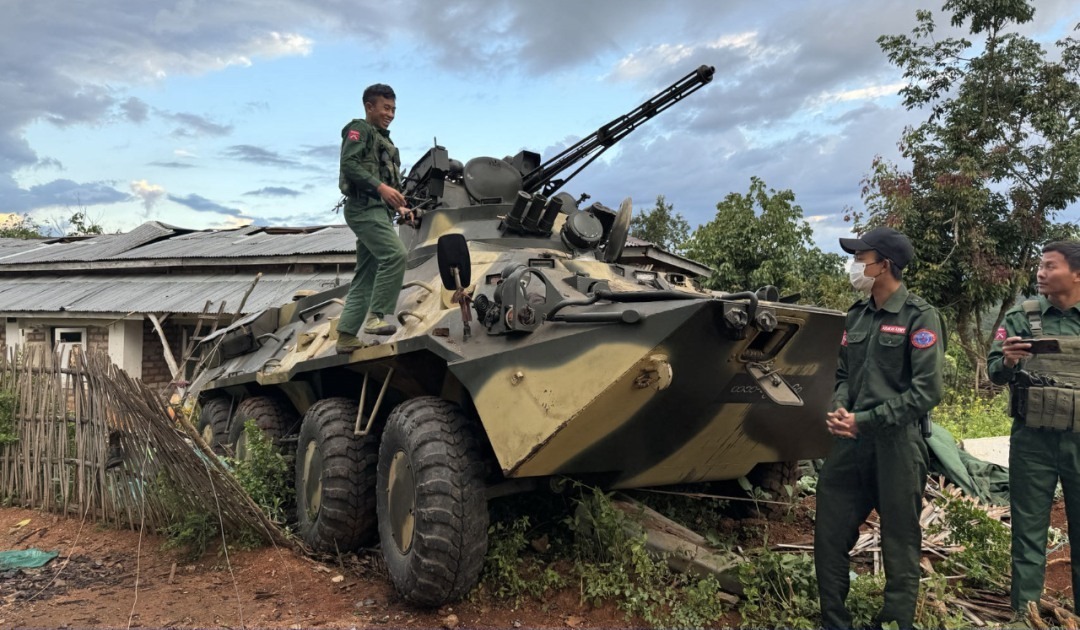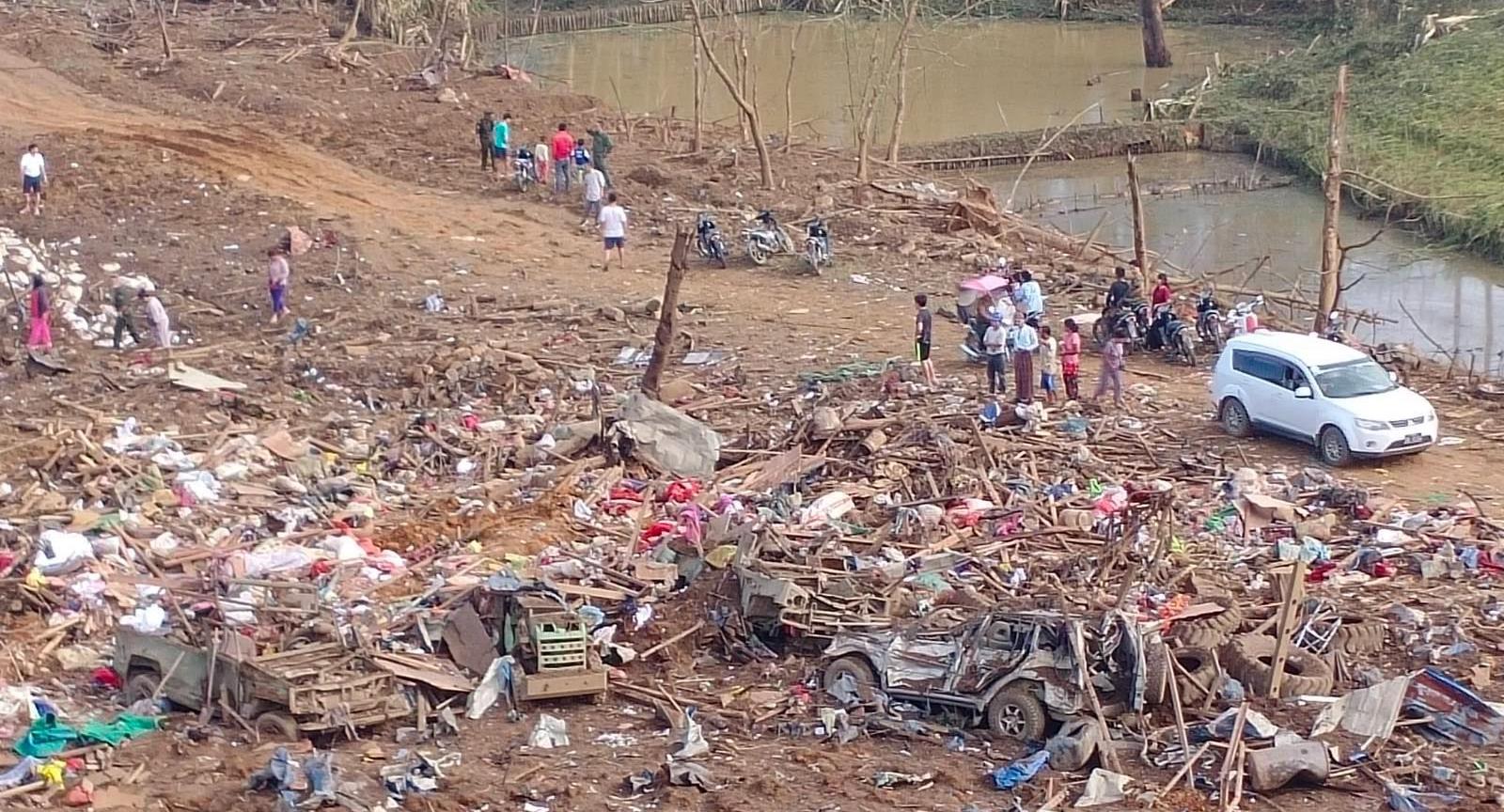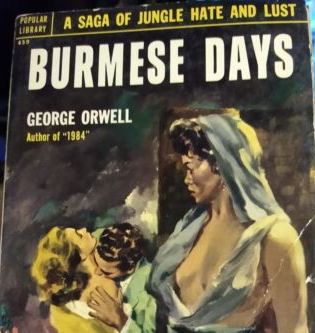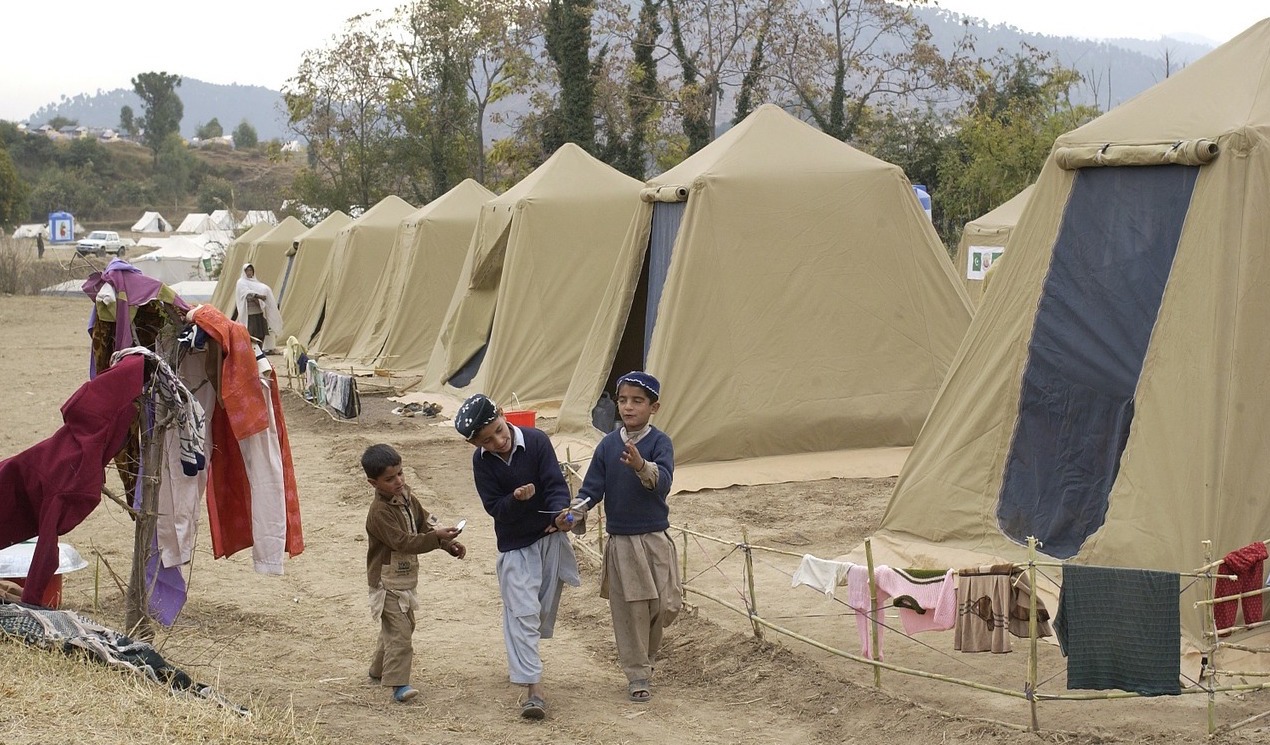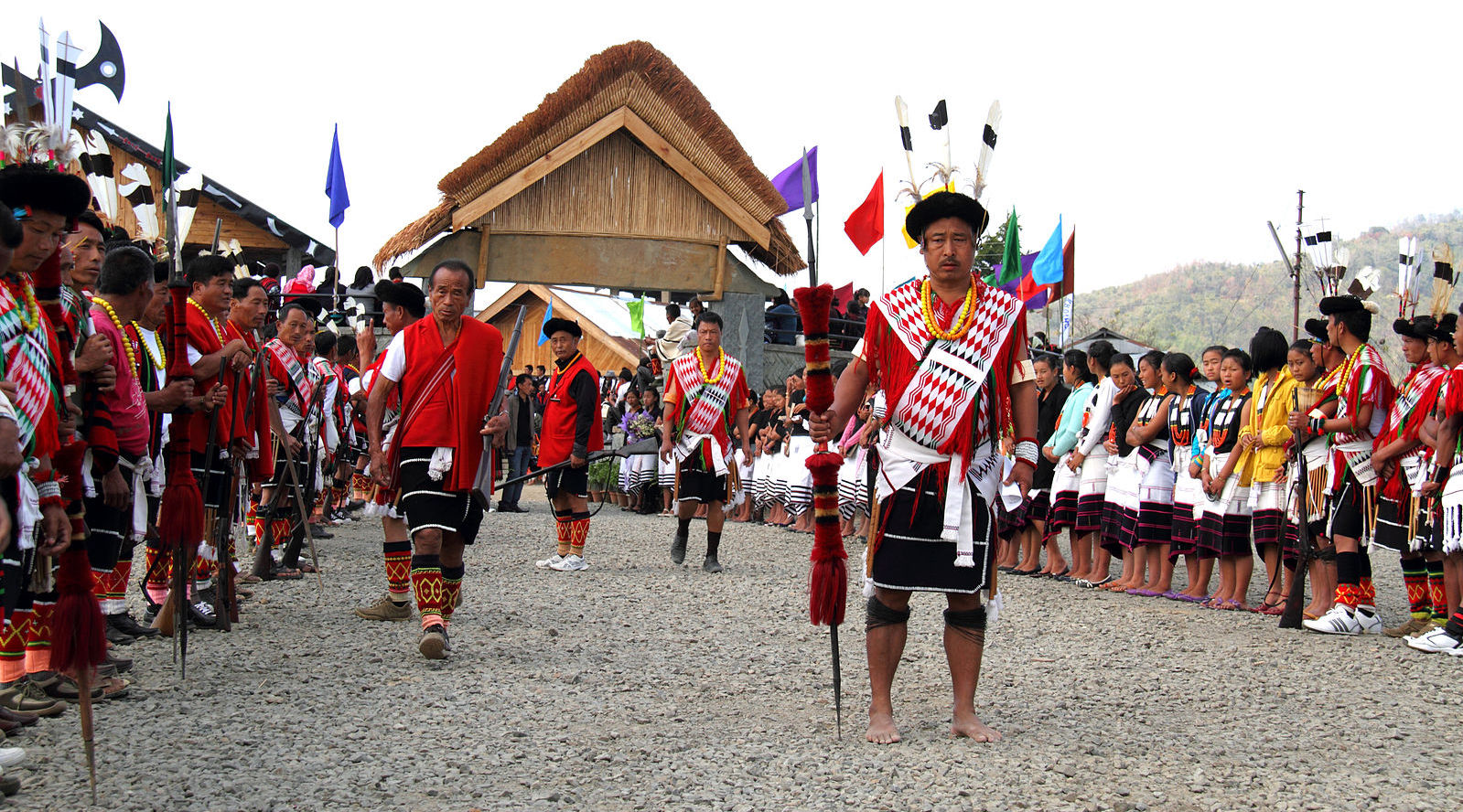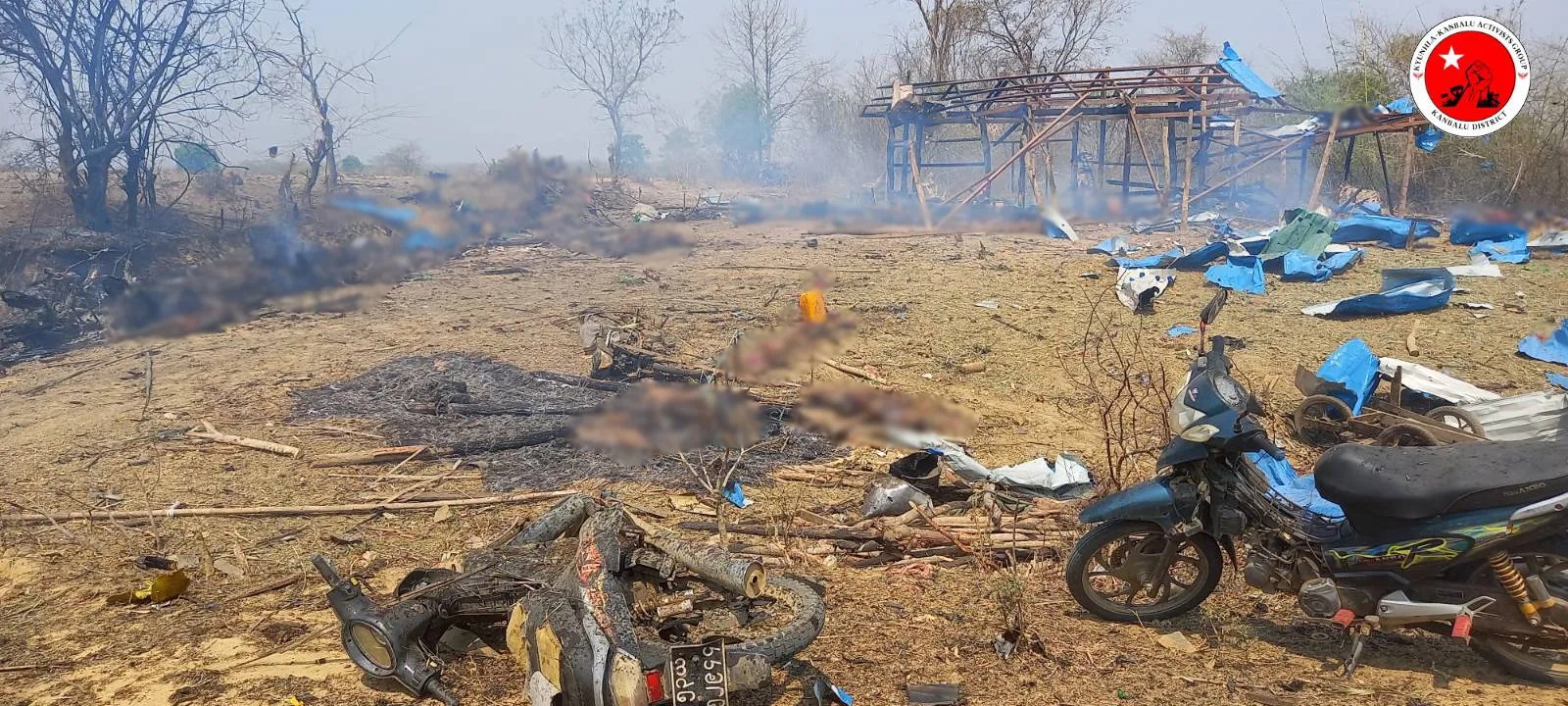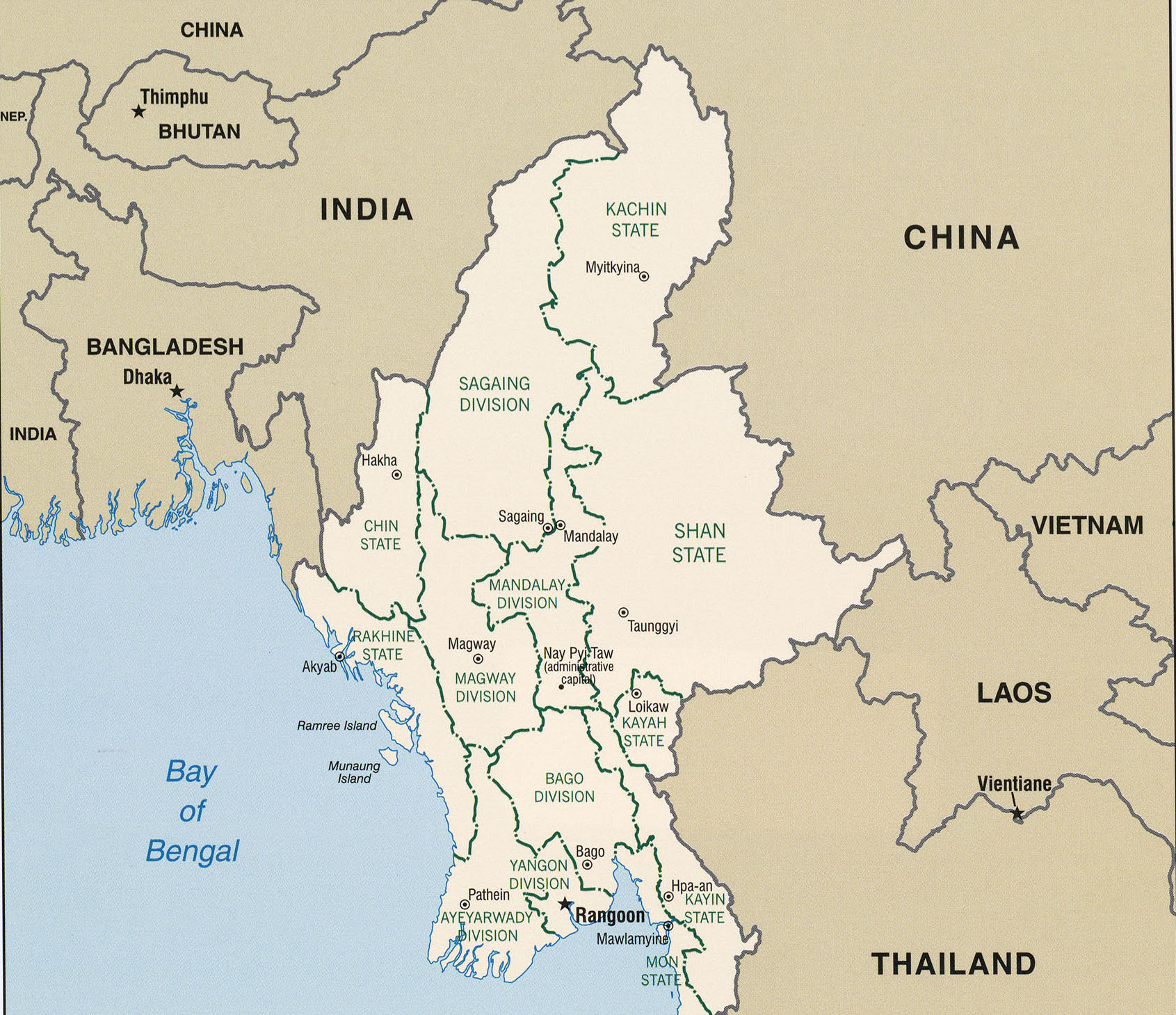
Burma: key border city falls to rebels
Burma’s ruling junta acknowledged that it withdrew its forces from a key city on the border with China after it was seized by an alliance of ethnic rebel armies. The fall of Laukkai is the most significant defeat the junta has suffered since the self-declared Three Brotherhood Alliance launched its offensive in northeastern Shan state in October. Days earlier, at least 150 junta soldiers fled across the border into India’s Mizoram state, driven from their outposts in Burma’s northwestern Chin state by the rebel Arakan Army. The soldiers turned themselves over to a detachment of India’s paramilitary Assam Rifles, and had to be flown back to Burmese territory. (Map: PCL)




